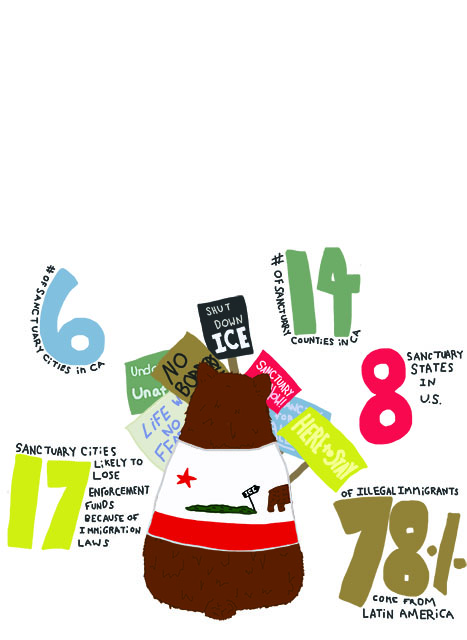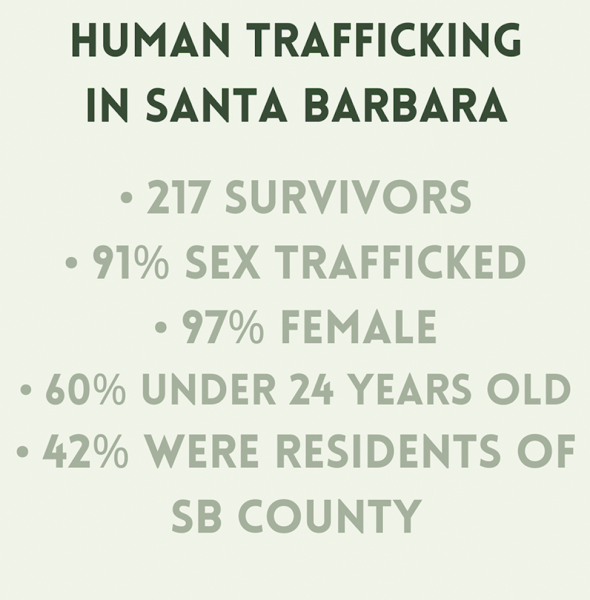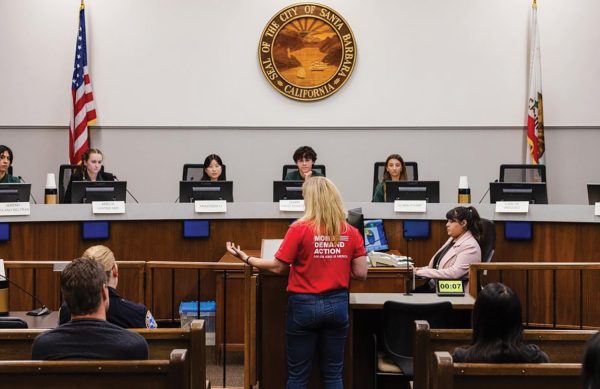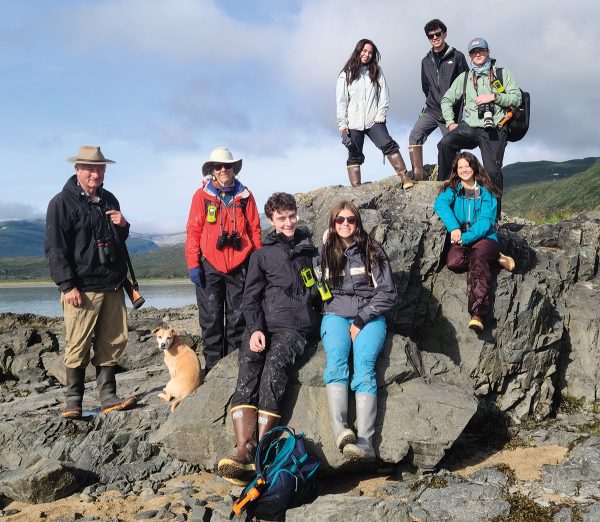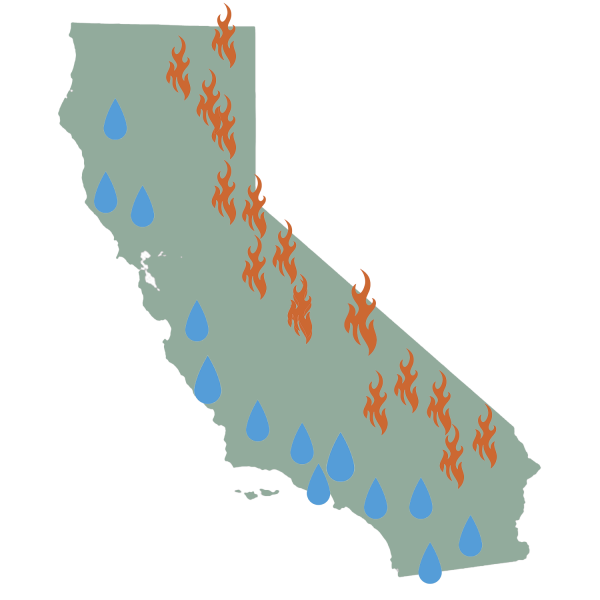California Sanctuary Cities’ Status in Jeopardy
June 4, 2018
The recent actions of Libby Schaaf, the Democratic mayor of Oakland, California, have riled up tensions between the White House and California on immigration.
ICE (Immigration and Customs Enforcement), the controversial agency of our Federal Government tasked with enforcing U.S. immigration laws, has met significant push-back from the mayor of Oakland in the form of a warning before a massive raid on the town.
Schaaf released a warning against the wishes of the federal government revealing that ICE would be attempting to find illegal immigrants on a three-day sweep of the town.
Schaaf called it her “moral obligation” to warn people of the sweep, which allowed approximately 800 people to evade consequences.
While Schaaf claims that she has not broken any laws, as her city is a “sanctuary city” (meaning it does not fully comply with federal immigration enforcement), she has met significant criticism from the chief of ICE, Thomas Homan.
Homan likened Schaaf’s warning to a “gang lookout yelling ‘police,’” and stated that “Sanctuary jurisdictions like San Francisco and Oakland shield dangerous criminal aliens from federal law enforcement at the expense of public safety.”
Since the March incident, President Trump himself has declared that Schaaf committed obstruction of justice by warning the city.
Trump referred to the incident as “an incredible phenomenon, because sanctuary cities — it’s the worst; it’s basically a city to protect a lot of people that are bad people, really bad.”
However, Schaaf also received support from other members of the federal government, namely Senator Kamala Harris, who said in a speech,“I think Mayor Schaaf is doing exactly what she believes is in the best interest of her community, and I support that 100 percent.”
The incident has stirred up an already very controversial issue within our state: what legal ability should these cities have to harbor immigrants?
Has ICE gone too far by conducting raids on towns without warning?
As California is a border state, these issues are particularly heated and have the potential to be life-changing to entire families.
Laguna students interviewed seem to be in favor of protecting the legal status of sanctuary cities.
“They provide safe havens for people who come in illegally and who potentially have escaped poverty and war and whatnot,” sophomore Peter Smith said.
However, when asked whether or not he supported Schaaf’s decision, he said: “absolutely not…interfering directly with a federal raid is just uncalled for.”
The issue of sanctuary cities has expanded even further from the case of Oakland.
Sanctuary cities have become a hot-button topic in this state due to their prevalence and our president’s vocal disapproval of the legislation that protects them.
For now, though, their legal validity is still robust, but the war between the White House and state officials puts that reality in jeopardy.



